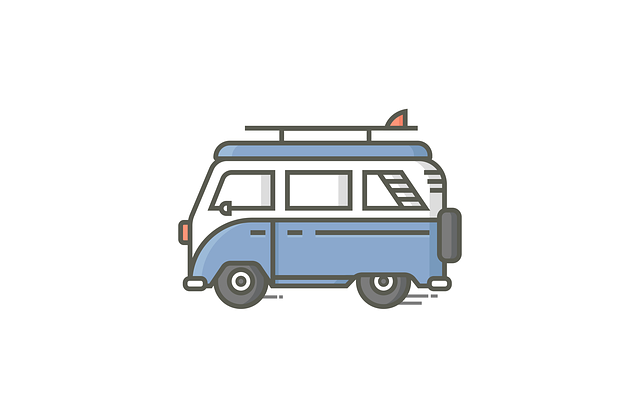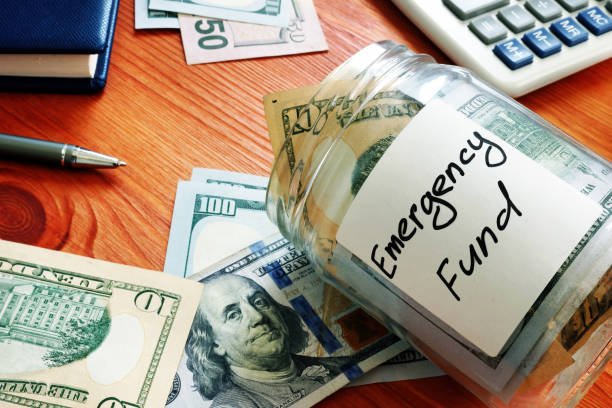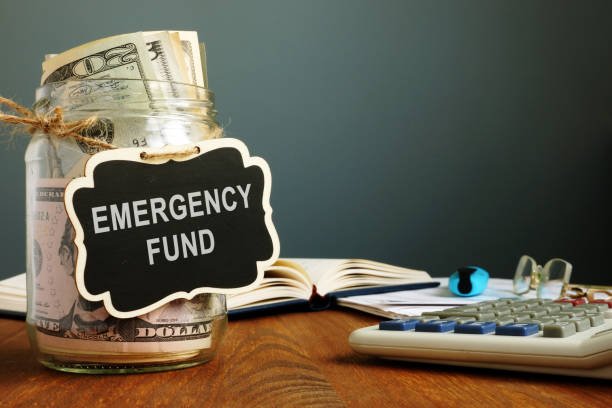

Is Your Emergency Fund Big Enough
Most financial experts agree that it’s important to establish an emergency fund as early on in your career as possible. An emergency fund is basically a savings account that you agree not to touch so that it can be reserved for emergency situations—namely, periods of illness or unemployment where you’re unable to work and bring in money.
Read More about : Rajkotupdates.news Tax saving PF FD and insurance tax relief
How Much Do You Need?
The amount of money you need in your emergency fund should be enough to cover anywhere from three to nine months’ worth of living expenses. If you’re single, have no dependents, and don’t own your own home, you may be okay saving just enough for three months. On the other hand, if you have children and own a home, you may want to aim to stock away nine months of expenses or even more.

Are You Really Covering All Bases?
Most people calculate their emergency funds by figuring out how much they’re spending each month and multiplying that figure by the number of months they’re targeting. Let’s say your family typically spends $5,000 each month and you’re aiming to save enough money to cover six months of expenses. You might just multiply $5,000 by six and call it a day, but in reality, that figure may not be enough.
Know more : Rajkot.updates news Elon musk pay 11 billion in taxes
The thing to remember with regard to your emergency fund is that certain costs can go up when you’re no longer employed, the greatest of which is health insurance. If your company offers health coverage and contributes toward your premium, which many do, then it may cost you a lot more to keep your insurance if you find yourself out of work.
Let’s say you’re a family of five and you currently contribute $300 a month toward health insurance. It could very well be that your company is only charging you 30, 40, or 50% of your overall premium. You may find that to insure your family on your own, it will cost you upward of $1,000 per month instead of just $300. If you only budget $300 when calculating your emergency fund, it could throw your target way off.
Along these lines, you need to think about the reasons why you may not be earning money and need to use your emergency fund. If it’s due to illness, then you may have additional medical costs to consider. If it’s because you lost your job, you may need to spend money traveling to interviews or taking classes to build up your skills.
When calculating your emergency fund, you need to do more than just add up the amount you spend each month on rent, transportation, food, utilities, and healthcare. You also need to account for the extra expenses that might creep up along the way. If, for example, you own a home and typically spend $200 a month on maintenance and repairs, you can’t discount the possibility of needing to replace your roof or heating system during the exact period during which you find yourself without an income. This is why it’s a smart idea, if you can swing it, to calculate your monthly expenses and then pad your emergency fund with anywhere from $1,000 to $5,000 extra.
Your emergency fund is supposed to give you peace of mind that should you find yourself without an income, you won’t risk going into debt, losing your home, or being unable to feed and clothe your family. Though it will require more discipline, when calculating that final figure, it’s wise to err on the side of caution. You just never know what financial situation you might wind up facing, and it’s always better to be safe than sorry.











